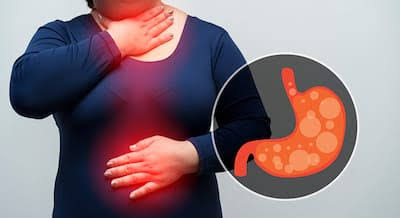According to MayoClinic, Breast milk production is usually associated with pregnancy and nursing. Some women still have lactation even when they are not pregnant or nursing. This interaction could be shocking and disturbing to many ladies. In this article,
we’ll look at the reasons why a woman’s breasts produce milk even if she isn’t pregnant.
1. Medicine
An increase in milk production is a common medication adverse effect. Many antidepressants, antipsychotics, and gastrointestinal medications are included in this group. Certain medications may cause lactation in female patients.
2. Unusual hormone levels
Hormonal abnormalities are one of the most common causes of lactation in women who are not pregnant, according to healthline. The hormones in charge of lactation are oxytocin and prolactin. Whereas prolactin, which is produced by the pituitary gland, increases milk production, oxytocin causes milk release from the breast....Read Full Article [Click Here>]
If these hormones are not in balance, the breast may begin to produce milk. This might happen as a side effect of hormonal birth control, due to medication, certain medical disorders, or other factors. Lactation is a possibility for females with hyperprolactinemia, a disorder in which prolactin is produced excessively.
3. Thyroid condition
Thyroid problems can also cause lactation in women who are not pregnant. The thyroid gland creates hormones that regulate metabolism, growth, and development. One indication of a hormone imbalance that may occur is lactation. A indication of hypothyroidism, a condition in which the thyroid gland does not produce enough hormones, is lactation.
4. Stress and worry
Stress and anxiety might cause some women to start breastfeeding. This is true as prolactin is produced in excess due to hormonal abnormalities brought on by stress and concern. Women who are experiencing a lot of stress or anxiety may experience increased milk production as a result.





